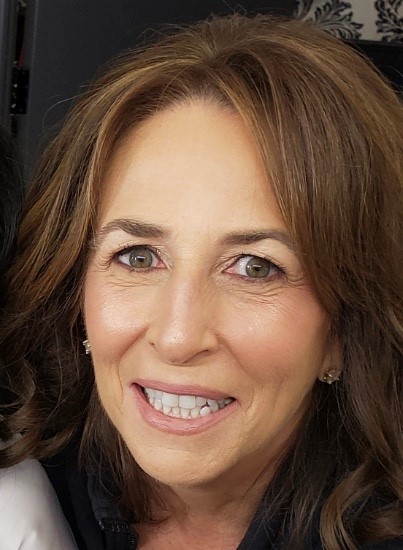July is Disability Pride Month and also marks the 33rd anniversary of the Americans with Disabilities Act, or ADA. Tracy Leahy, Michigan State University’s ADA coordinator explains what Disability Pride Month is and how the ADA protects students, staff and faculty with disabilities. She also provides information regarding the President’s Advisory Committee on Disability Issues, or PACDI, a committee that advises the MSU president and community stakeholders on university policies, programs and services to purposefully advocate for a more equitable, inclusive and accessible campus for people with disabilities.
What is Disability Pride Month?
Disability Pride Month was first celebrated in 2015 on the 25th anniversary of the signing of the ADA on July 26, 1990. Disability pride has been described as “accepting and honoring each person’s uniqueness and seeing it as a natural and beautiful part of human diversity.” Disability Pride Month honors people with disabilities — recognizing their experiences, celebrating their achievements, rejecting ableism and marginalization and promoting advocacy by and with people with disabilities. On July 26, we celebrate the 33rd anniversary of the ADA.
For over 50 years — many years prior to the signing of the ADA or the Rehabilitation Act of 1973 — the Resource Center for Persons with Disabilities, or RCPD, at MSU has been maximizing opportunities for Spartans with disabilities. In the past year alone, RCPD has served 3,762 registered students with disabilities and 491 registered employees with disabilities. In celebration of Disability Pride Month, RCPD is sharing videos highlighting its founding and work as well as the experiences and achievements of MSU students and alums with disabilities.
Why is this work important to you?
Most people will experience a disability sometime in their life. I experienced disability through the lens of a child growing up with a parent with a disability in the 1960s and ‘70s prior to the ADA and the Rehabilitation Act. Several decades later, I again experienced disability through the lens of an adult caring for an aging parent. Today, 50 years after the signing of the Rehabilitation Act and 33 years after the signing of the ADA, I recognize that barriers still exist that limit access for people with disabilities. These personal experiences are a daily reminder of the need to ensure that disability does not limit a person’s access to education, employment or any other experience that people who do not have a disability live daily.
How does the ADA protect students, faculty and staff with disabilities?
The ADA prohibits discrimination based on disability and protects the right of a qualified individual with a disability to participate in and not be denied employment or the benefits of the services, programs or activities of the university.
Students with disabilities must be provided academic adjustments and auxiliary aids and services necessary to afford them an equal opportunity to participate in the university’s programs unless the aid or service would result in a fundamental alteration of the university’s program. Academic adjustments include changes in the length of time to complete assignments, tests or degree requirements; substitution of specific courses required for degree completion; and adaptation in the way specific courses are conducted. Auxiliary aids include audio, Braille text, digital technologies and interpreters.
Similarly, faculty and staff must be provided reasonable accommodations to allow them to perform the essential functions of their position unless doing so would impose an undue hardship. Reasonable accommodations may include making existing facilities accessible, restructuring jobs, creating part-time or modified work schedules, acquiring or modifying equipment, revising training materials or policies, providing qualified readers or interpreters, or reassigning employees to a vacant position.
RCPD is responsible for assessing and documenting disabilities for students, faculty and staff and facilitating auxiliary aids and academic adjustments for students with disabilities. RCPD partners with the accommodation specialist in the Office of Employee Relations to ensure reasonable accommodations for faculty and staff. Students, faculty and staff who require accommodations are encouraged to register their disability with RCPD.
How can I support accessibility efforts and advocate for the disability community at MSU?
Students, faculty and staff who are interested in identifying and analyzing issues, proposing solutions, celebrating achievements and making recommendations on matters of particular concern to people with disabilities should attend PACDI meetings as a member, invited speaker, invited guest or member of the public. The committee, which was established in 1987, ensures broad institutional input on matters relating to persons with disabilities.
PACDI meetings are held on the fourth Monday of the month from September through April. PACDI’s first meeting of the upcoming semester will be held Sept. 25 at 3 p.m. More information regarding PACDI meeting locations and agendas will be available on the ADA coordinator’s website in August.
